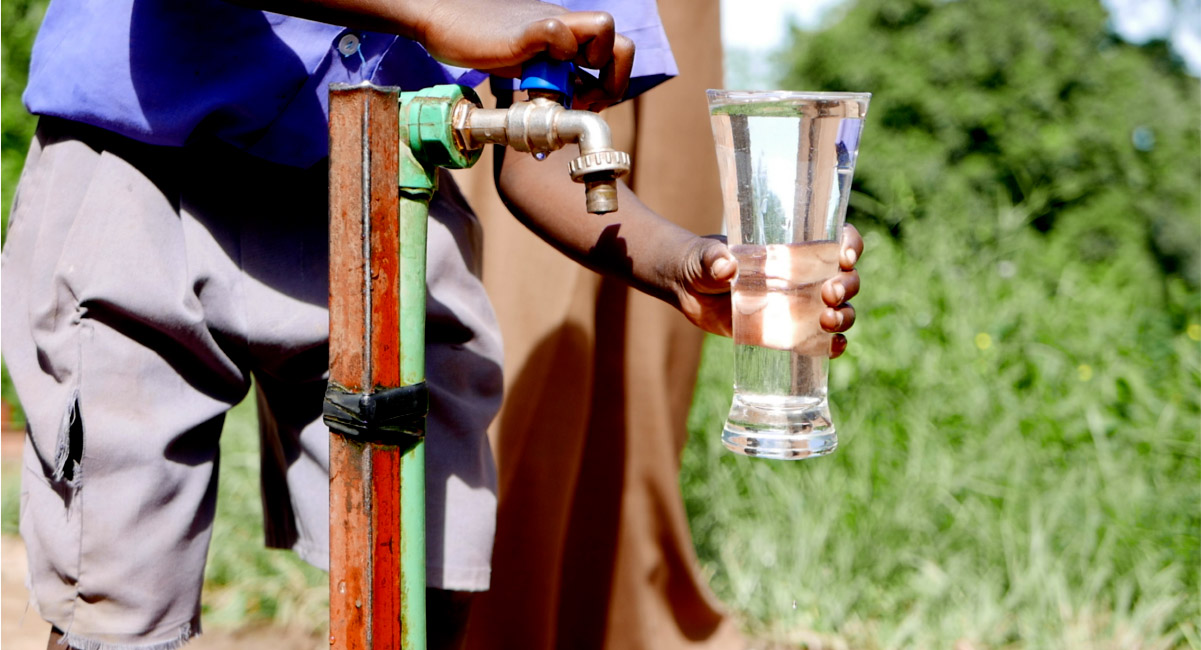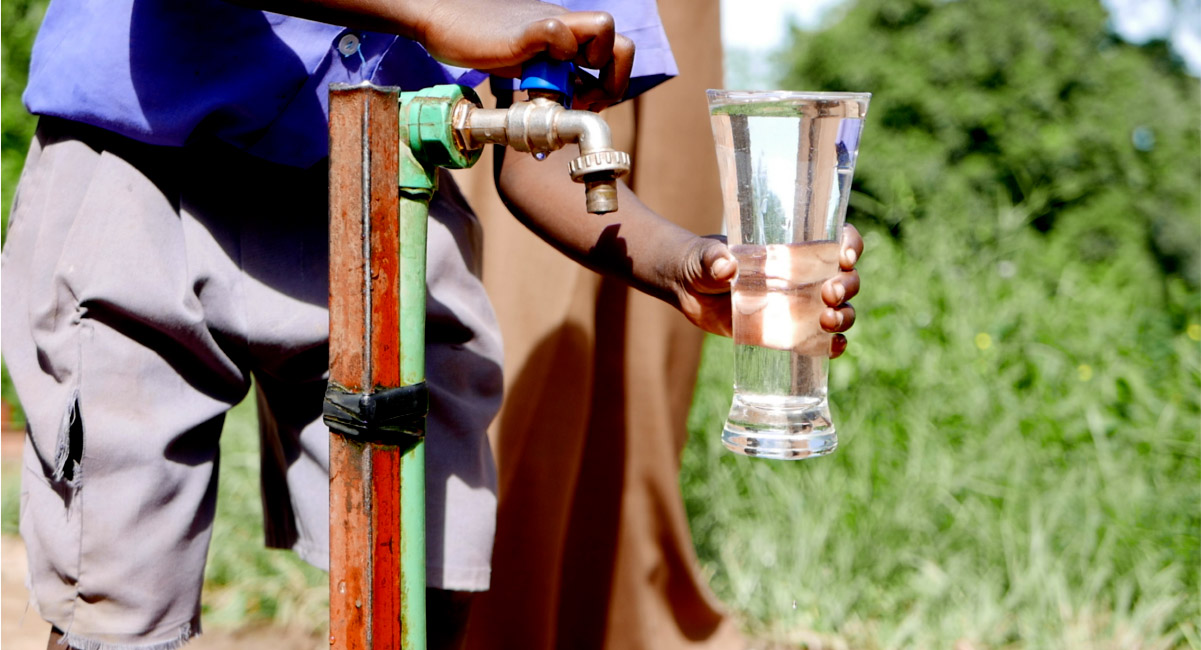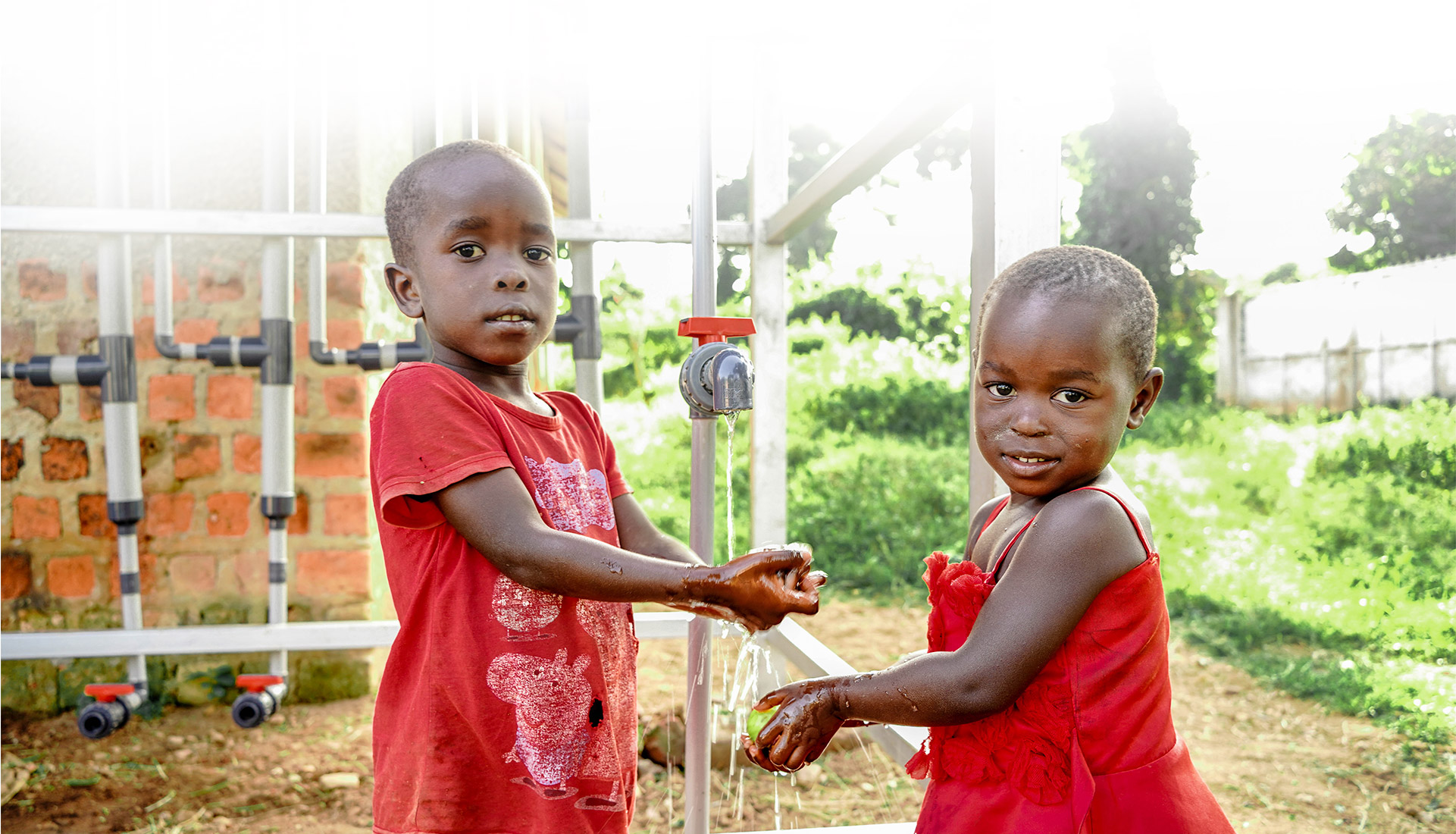Our Work
WASH
Clean drinking water can effectively improve public health, and the physiological hygiene of women, prevent children from dysentery and typhoid fever, and prevent the spread of the global Covid-19 epidemic.
Clean water resources will bring long-term and more valuable benefits to the development of communities. It is the most urgently needed and prioritized project in the poor and remote rural areas.

Challenge of having clean drinking water
• 2.2 billion people do not have access to safe drinking water.
• Nearly 2 billion people rely on medical and health institutions without basic water supply services.
• More than half of the world (4.2 billion people ) lack of safe sanitation services.
• Every year, 297,000 children under the age of 5 die of diarrhoea due to poor environmental hygiene, personal hygiene or unsafe drinking water.
• 2 billion people live in countries facing severe water shortage pressure.
• 90% of natural disasters are weather-related, including floods and droughts.
• 80% of wastewater is discharged into the ecosystem without treatment or is not recycled.
• About 2/3 of the world's transboundary rivers lack of cooperative management frameworks.
• Agricultural water intake accounts for 70% of global water intake.
Water Rights
In July 2010, the United Nations proposed that everyone has the right to adequate water resources for personal and family use (50 to 100L per person a day). Water resources must be safe, affordable (the cost of water should not exceed 3% of household income), and easy to access (water sources must be within 1 km around the residence, and the water collection time should not exceed 30 minutes).
 Support Us
Support UsProjects
Through Love Binti and the help of all parties, we push different projects in order to help more women!
